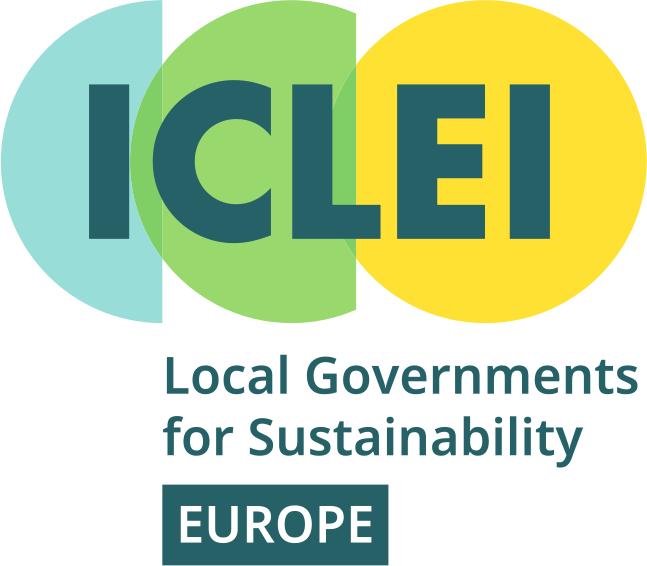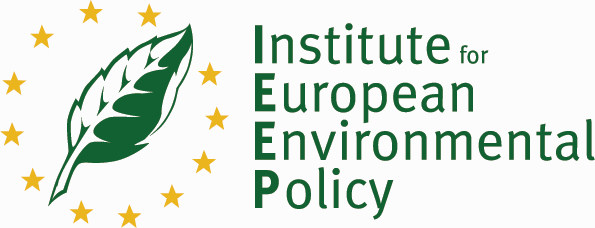
Not only are ecosystems vital for our collective health and economic prosperity, they are fundamental to the success of financial institutions and companies. For this reason, DG ENV and DG FISMA have published a pivotal joint study about financial risks associated with biodiversity loss.
Key Highlights of the study:
The consultants of this study have taken into account the existing methodologies that have been established in the field of biodiversity and nature-related risks and they have developed a framework which is split into three stages.
The report encourages financial institutions to follow this roadmap to implement the developed risk assessment framework, which consists of a short-term exploratory and planning phase, a medium-term deepening phase building strong capability, and a long-term mainstreaming phase integrating nature in their frameworks, considering the relevance of climate models.
The framework developed in this study is also adaptable to the needs and capacities of financial institutions as they progress in integrating nature and biodiversity considerations into their risk assessments. At the same time, the framework is flexible, allowing easy integration into emerging frameworks and ensuring that it remains relevant within the evolving landscape.
Future implications of the study
This study supports financial institutions in implementing an overall approach and step-by-step methodology to assess the financial impacts of biodiversity and nature-related risks. The framework is intended to give financial institutions an approach that can be applied for different use cases and resource constraints. Moreover, the framework allows financial institutions to work towards best practice in a data challenged environment, with the focus on being adaptive in the context of improving data and the understanding of nature-related risks.
In a nutshell, this study encourages financial institutions to embark on a journey towards progressively integrating nature-related risks into their sustainability frameworks and decision-making processes.
Read the full study on the European Commission website.











